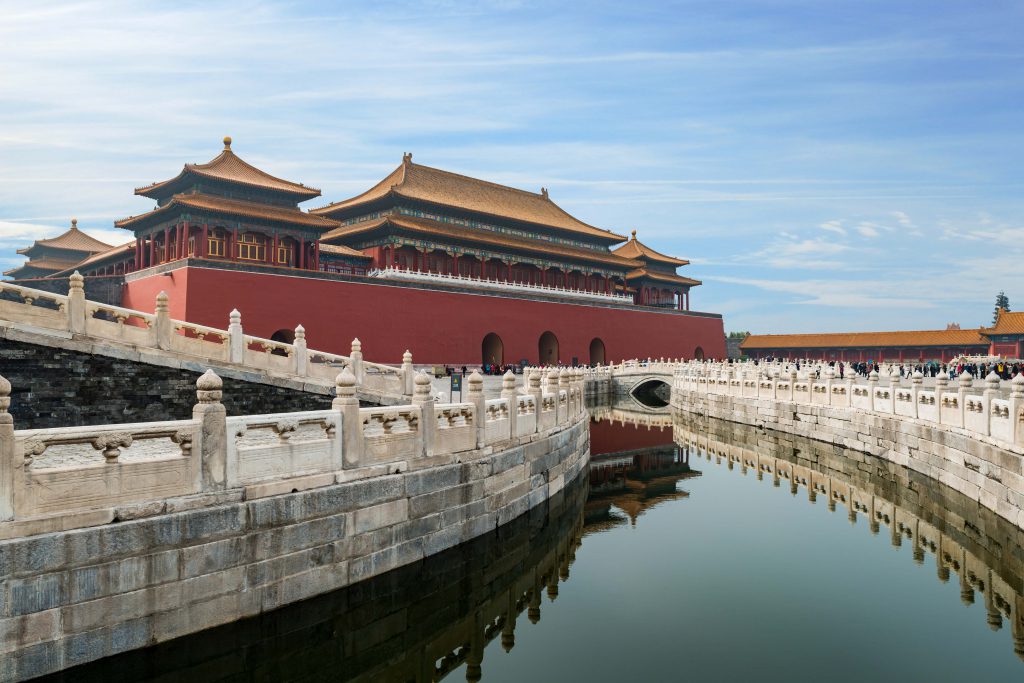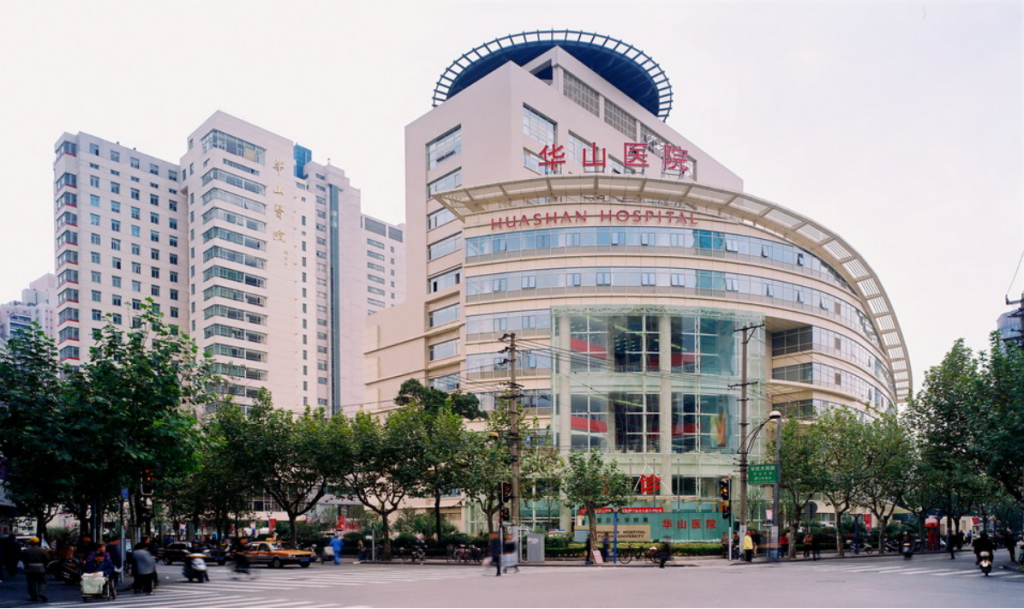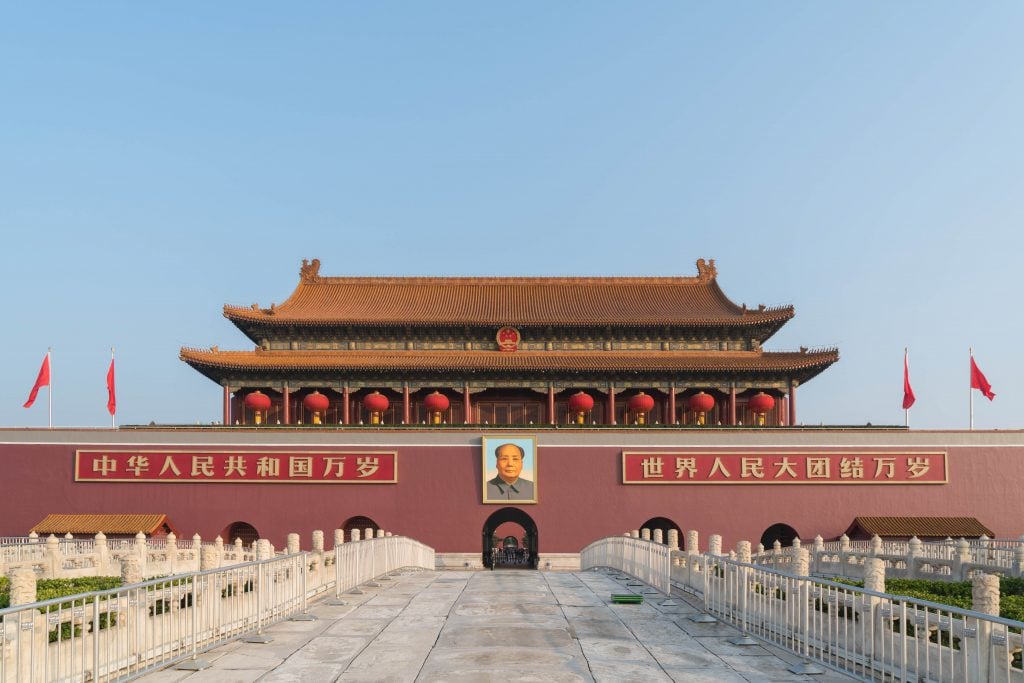An Expat Guide to China’s Health System
As an Expat If you intend to work or even live for an extended period in China, having good knowledge of the healthcare environment is really important. Medical costs vary greatly across China so we have put together a useful checklist on what to expect when it comes to the medical system in the Land of the Red Dragon!
1. Public Healthcare
In Chinese public hospitals, long wait times for medical treatment can be common especially in a non-life-or-death case. It is also important to note for Expats that majority of public hospitals in China do not accept expatriate medical insurance. Private hospitals however will accept these plans and as a result are more popular for Expats in China. As an expatriate in China, you will be asked for a deposit first before you get your treatment in both public hospitals and private clinics. If you have no valid medical insurance that proves you are covered then this is something that will be have to paid by yourself before you will be treated
2. Private Healthcare
Private medical hospitals are the most popular among expats in China and generally exist in major Chinese urban areas. Although private healthcare is pricier than the public one, the facilities have the same standard as what would be expected in the West. In such facilities English communication is never an issue, however this is not the case with the public system and is something to be mindful of if you are still learning Mandarin!
3. Cost of Medical Treatment
Private medical care in Chinese urban areas such as Beijing, Shanghai and Guangzhou and other province capitals is the most costly. The costs now in both Beijing and Shanghai are rapidly increasing and are some of the most expensive in Asia. It is important that you are aware of the benefits which you have on your plan match the type of facility that you are getting treated and that you don’t find yourself paying out of pocket for treatment that your insurance doesn’t have the benefits to cover! You will spot more public hospitals than private ones in rural areas. Several of those public hospitals can provide you with access to VIP wards for private medical care but will be accompanied with fairly high medical costs. In contrast, medical equipment and medical personnel in foreign-owned hospitals are more advanced and better medically educated and thus tend to be more popular with Expats. Public hospitals’ VIP wards are reasonable choices in addition to private hospitals due to excessively lower costs. The quality of the medical treatment you get is equivalent to that in a private clinic although private clinics have more developed medical equipment with the atmosphere in some private clinics is like that of five-star hotels rather than a hospital!

4. Inpatient Care
There are dozens of expat-oriented hospitals in China that offer great inpatient treatment, however, Parkway Health in Shanghai, Shanghai United Family Hospital in Shanghai, Jiahui Health in Shanghai and Global Doctor Guangzhou in Guangzhou are among the most highly recommended.
5. Emergency
Medical emergency services in cities are extensive whereas those in upcountry towns are still limited. As an expat in China, you should stay away from illegal, unofficial ambulances, also known as “private black ambulances”. Although emergency response officers do their jobs really well, they barely speak any English. Expatriates should learn some Chinese key phrases so they can communicate with those officers more effectively in case an emergency occurs. The local emergency number is 120 remember this number and save it coupled with the contact details of your closest embassy so you can get in contact if ever an emergency case happens.
6. Outpatient Care
A number of doctors from Huashan Hospital (Huashan Worldwide Medical Center) in Shanghai, Clifford Hospital in Guangzhou and particularly Peking Union Medical College Hospital in Beijing, International Medical Services also specialize in outpatient care. If these still do not meet your personal requirements, then you are advised to use an online platform called Bookimed to find the best outpatient doctors in China who fit in with your needs.

7. Dental Care
Arrail Dental Clinic in Beijing, IDC Dental in Beijing, Dr. Lu International Dental Clinic in Guangzhou, IMC Dental Clinic in Beijing are one of the most popular dental care providers among expatriates in China. Dentists in these venues provide great dental care and speak English fluently so have excellent reviews online which we recommend to check out yourself.
8. Insurance
In China, there are two key types of medical insurance, international insurance and local insurance. Although there are upsides and downsides for both kinds of cover, the popularity of international medical insurance outweighs the local one for expatriates in China due to its stronger benefits in comparison to more localized cover. Offshore insurance is also more flexible and can also be kept in place if you ever need to move to another country.
There have been a dramatic rise in insurance premiums over the past ten years or so in China. On average premiums went up by approximately 13% on an annual basis since 2010. The amount of the annual increases in insurance premiums now bears a resemblance to that in Hong Kong with some insurers.
There are a range of insurers who are a particularly good fit for Expats living in China. The health insurers that we find most popular among expatriates in China include Allianz, April, Cigna and Axa. All have a comprehensive plan range and offer specific deductibles to reduce their insurance premium rates.
9. Our Advice
Always be mindful of the whereabouts of hospitals and dental care providers in case any emergency occurs and also be aware of what the medical costs are in your particular part of China.
Select an insurance policy that suits you best and particularly think of your location as well as your needs and the needs of your family.


